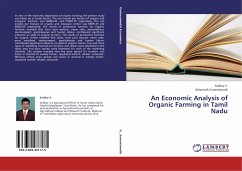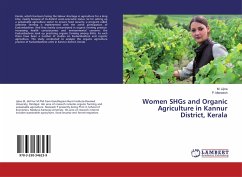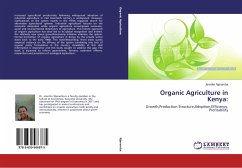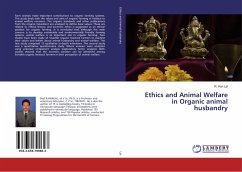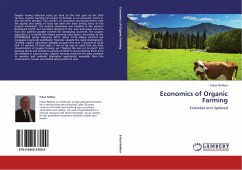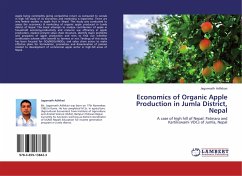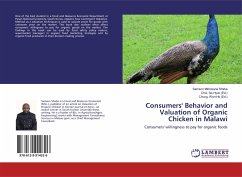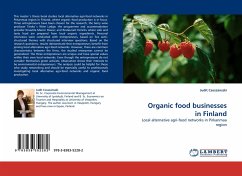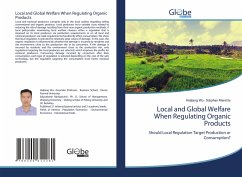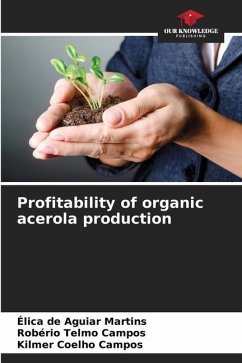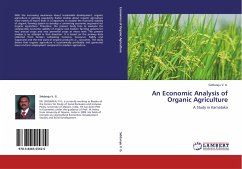
An Economic Analysis of Organic Agriculture
A Study in Karnataka
Versandkostenfrei!
Versandfertig in 6-10 Tagen
52,99 €
inkl. MwSt.

PAYBACK Punkte
26 °P sammeln!
With the increasing awareness about sustainable development, organic agriculture is gaining popularity. Earlier studies about organic agriculture were mainly at macro level. It is important to analyse the economic viability of organic farming system to develop a convincing economic argument for organic agriculture. Therefore, the present study tries to examine the comparative economic viability of organic and modern farming systems for two annual crops and two perennial crops at micro level. The present analysis is an attempt in that direction. It is based on the primary data collected from fa...
With the increasing awareness about sustainable development, organic agriculture is gaining popularity. Earlier studies about organic agriculture were mainly at macro level. It is important to analyse the economic viability of organic farming system to develop a convincing economic argument for organic agriculture. Therefore, the present study tries to examine the comparative economic viability of organic and modern farming systems for two annual crops and two perennial crops at micro level. The present analysis is an attempt in that direction. It is based on the primary data collected from farmers cultivating Coconut, Arecanut, Paddy and Sugarcane and the end users of organic products i.e., consumes. The study shows that organic agriculture is economically profitable and generates more on-farm employment compared to modern agriculture.



